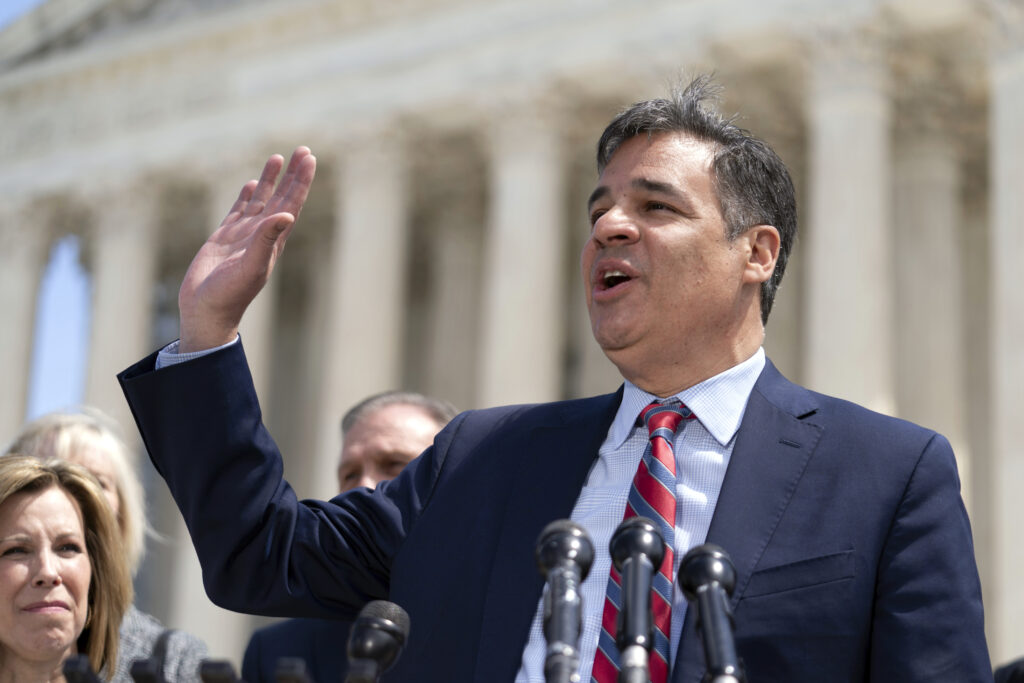Idaho Judge Rejects Attorney General’s Challenge to Open Primaries Ballot Initiative

An Idaho judge rejected Attorney General Raúl Labrador’s (R) challenge on Thursday to the “Open Primaries Initiative,” ruling that it will be on the ballot this November.
If approved by voters, the citizen-initiated measure — which garnered over 60,000 signatures — would abolish the state’s political party primaries and instead implement a nonpartisan primary election where all candidates appear on the same ballot.
The top four vote-getters would advance to the general election. Also, the ballot initiative would establish a ranked-choice voting system for general elections.
When Idahoans for Open Primaries first introduced the ballot initiative in 2023, Labrador challenged its title, which called it an “open primary” measure, arguing that it was misleading to voters signing the petition to get it on the ballot.
The Idaho Supreme Court directed Labrador to provide new title suggestions for the initiative and later certified his new titles. In July, Labrador filed a lawsuit in the state Supreme Court, claiming that despite this ruling, Idahoans for Open Primaries has continued to promote their ballot initiative to voters using the phrase “open primaries.”
He argues that “open primary” traditionally refers to a system in which parties hold separate primaries but anyone can vote in them regardless of their registered party. He claims that calling it that instead of a “top-four primary” is misleading because voters may not realize that all of the candidates will be on the same ballot, regardless of party, and that voters get to rank them.
The justices rejected the lawsuit, saying the case should’ve been filed originally in a trial court, not in the state Supreme Court immediately. After that, on Aug. 16, Labrador filed a similar complaint in a state district court.
In his Thursday decision, District Court Judge Patrick Miller rejected Labrador’s request to invalidate thousands of signatures for the initiative and block it from the ballot. He explained that even if voters were misled by the way signature-gatherers described the initiative to them, they still had the ballot title in front of them — which Labrador approved — that they could’ve read which reflects that the measure implements a “top-four primary” and ranked-choice voting.
“The ballot titles were in large print. It would be very hard for a signer not to see the short ballot title when signing a petition,” Miller wrote in the decision.
Also, Miller said that describing the ballot measure as an “open primary” initiative is not factually incorrect. A top-four primary is a type of open primary.
The will of the thousands of voters who signed the petition for this ballot initiative will be upheld this November.